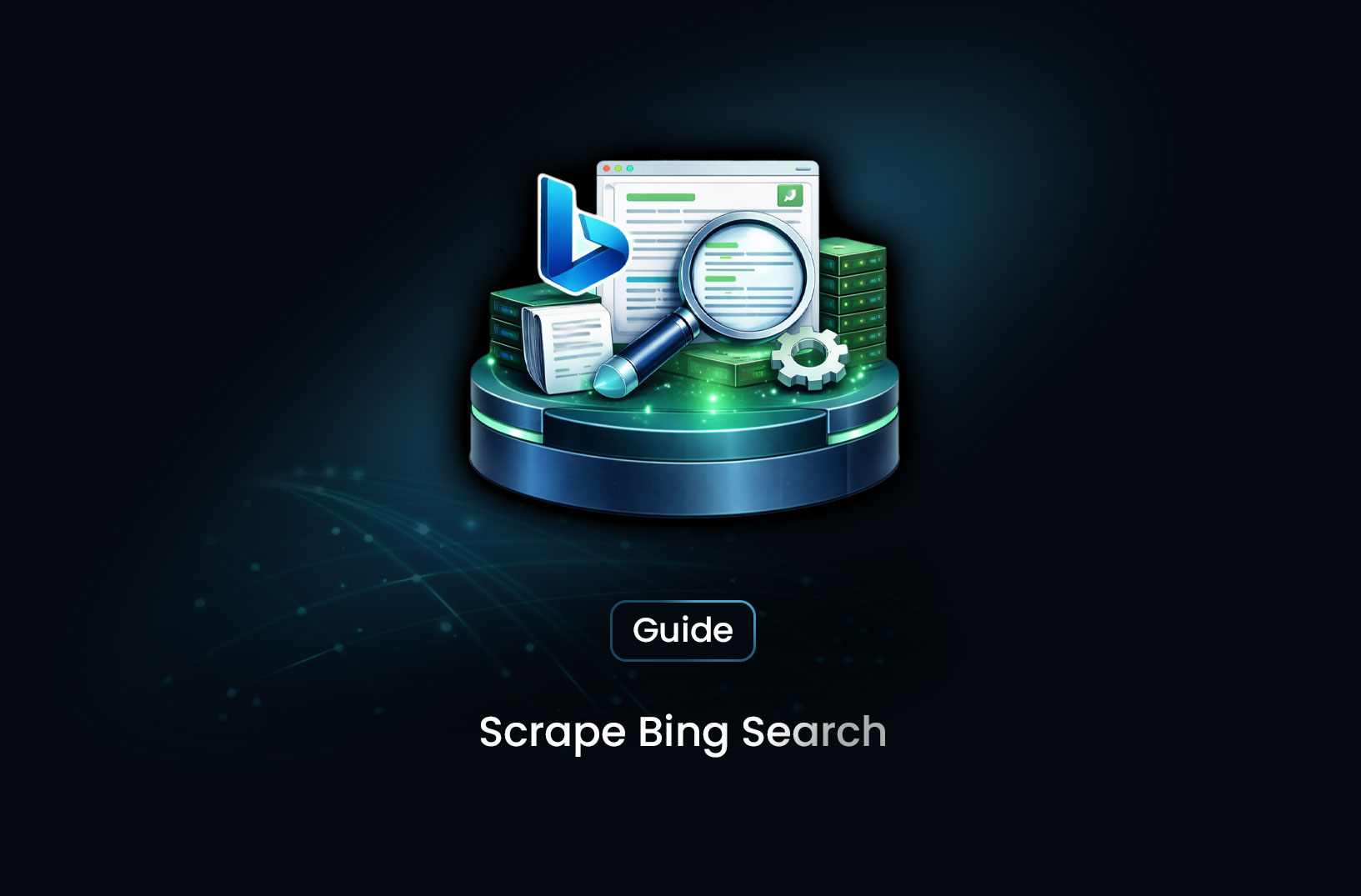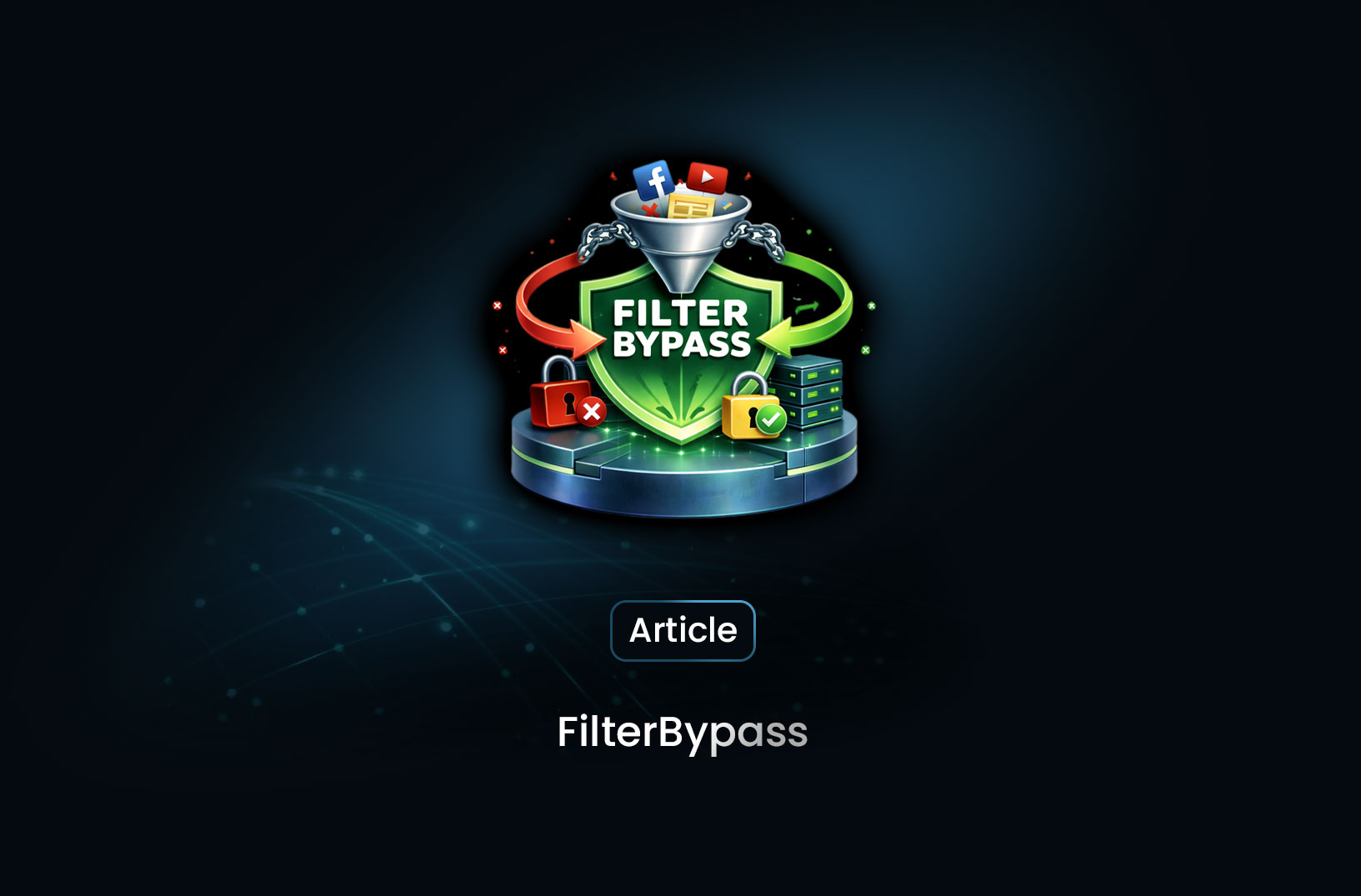Dedicated Proxy vs Shared Proxy: What’s the Difference and Which One Is Better for Web Scraping?
ArticleDedicated proxies vs shared proxies: learn the differences, benefits, and best use cases to choose the right proxy setup for web scraping and automation.
In today’s data-driven landscape, proxies have become core infrastructure for everything from large-scale web scraping to privacy protection, ad verification, price monitoring, automation, fraud prevention, and multi-account management.
But before choosing a proxy solution, you need to understand one of the most important distinctions in the proxy industry:
Dedicated proxies vs shared proxies.
This difference directly impacts:
- scraping performance
- IP reputation
- ban rate
- long-term reliability
- cost efficiency
- security and privacy
A misinformed choice can lead to unnecessary bans, unpredictable scraping sessions, and wasted operational costs. This article breaks down everything you need to know — written in a modern, tech-company style — so you can choose the right proxy architecture for your workflow.
What is a Proxy and Why Does It Matter?
A proxy server acts as an intermediary between your device and the internet. Instead of connecting to a website using your real IP address, the proxy sends the request for you.
This is critical for:
- hiding your identity (IP masking)
- bypassing geo-restrictions
- evading anti-bot systems
- preventing IP-based blocking
- accessing region-locked content
- scaling web scraping operations
In essence, a proxy makes it look like you’re browsing from a different device in a different location.
But the ownership of that device — whether it’s shared or dedicated — determines how safe, stable, and fast your operations will be.
Shared Proxies: Affordable but Unpredictable
Shared proxies are exactly what they sound like: multiple users share the same proxy IP address at the same time.
This is the cheapest model in the proxy industry because:
- the provider splits the cost across many customers
- the same IP generates more revenue
- users get access to large pools at lower prices
Advantages of Shared Proxies
-
Cost-effective
Perfect for budget-sensitive tasks. -
Easy to scale
Shared proxy pools can include thousands or millions of IPs. -
Great for low-risk scraping
If you’re scraping public, non-guarded pages, shared proxies are usually enough.
Disadvantages of Shared Proxies
-
High ban rate
If someone else abuses the IP before you use it, you inherit the penalty. -
Unpredictable speed
Other users’ traffic congests the IP, creating inconsistent performance. -
Not safe for accounts
Platforms detect shared IP patterns, triggering suspicious login warnings or bans. -
Zero identity control
You can’t control how others use the IP.
Shared proxies are inexpensive, but the trade-offs are significant for professional or high-volume use cases.
Dedicated Proxies: Exclusive, Stable, High-Performance
A dedicated proxy (private proxy) is an IP address exclusively assigned to one customer only.
This exclusivity gives you:
- consistent identity
- full control over usage
- predictable performance
- lower detection rates
- higher security
Dedicated proxies are ideal for:
- advanced web scraping
- automation workflows
- e-commerce monitoring
- travel fare scraping
- SEO data extraction
- multi-account management
- sneaker bots
- price intelligence systems
Advantages of Dedicated Proxies
-
Stability and reliability
No traffic spikes from other users. -
Fresh IP reputation
Reduced ban risk. -
Strong anti-bot evasion
More natural user-like behavior. -
Secure authentication
Safer for accounts and long sessions. -
Best for high-value targets
Clean, isolated IPs bypass detection more easily.
Disadvantages of Dedicated Proxies
-
Higher cost
You pay for full ownership. -
Smaller available pool
IPs must be allocated individually. -
More configuration
Rotation and whitelisting may require setup.
Residential vs Datacenter Dedicated Proxies
Dedicated Residential Proxies
- IP comes from real consumer devices
- Best undetectability
- Highly trusted
- Ideal for protected or login-based targets
- More expensive
Dedicated Datacenter Proxies
- IP comes from data centers
- Fastest and lowest latency
- Most affordable
- Easier to detect (but great for mass scraping)
Both can be shared or dedicated — but dedicated mode unlocks their full value.
Dedicated vs Shared Proxies: Full Comparison Table
| Feature | Dedicated Proxy | Shared Proxy |
|---|---|---|
| IP Ownership | Exclusive | Shared with many users |
| Ban Rate | Very low | High |
| Speed | Stable & fast | Inconsistent |
| Security | High | Low–Medium |
| Price | Higher | Lower |
| Account Safety | Excellent | Unsafe |
| Scalability | Limited IP count | Very scalable |
| Best Use | High-value & anti-bot targets | Simple scraping |
| IP Reputation | Clean | Fluctuating |
Which Should You Use for Web Scraping?
Use Dedicated Proxies If You Need:
- consistent identity
- scraping behind anti-bot systems
- managing accounts
- long-term stable sessions
- geo-restricted data
- fewer bans
- high-value targets
Use Shared Proxies If You Need:
- cheap scraping
- large-scale rotation
- low-risk crawling
- public data extraction
- experimentation
Why Dedicated Proxies Provide the Best ROI
Shared proxies often cause:
- retries
- CAPTCHAs
- blocks
- broken sessions
- wasted compute resources
These errors increase costs and reduce productivity.
Dedicated proxies:
- improve scraper uptime
- increase request success rate
- lower infrastructure usage
- reduce maintenance work
For professional operations, they often become cheaper overall.
Conclusion
Choosing between dedicated proxies and shared proxies depends on your goals — but for serious, large-scale, or high-risk data collection, dedicated proxies offer superior stability, performance, and security.
Shared proxies are fine for basic, low-risk scraping, but once you need:
- anti-bot access
- account-based workflows
- geo-specific datasets
- 24/7 automation
- sessions or logins
Dedicated proxies become the only reliable choice.
A strong proxy architecture isn’t just a technical advantage —
it’s a competitive edge in modern data acquisition.
Find more insights here

Scrape Bing Search: A Practical Technical Guide
Bing scraping blocked? Discover how to bypass rate limits and bot detection to extract URLs, titles,...

FilterBypass: Unblocking Restricted Sites in a Simple Way
FilterBypass is a free web proxy that acts as an intermediary between your browser and the target si...

YouTube.com Unblocked: Accessing YouTube When It’s Restricted
Learn how to access YouTube unblocked on school, work, or regional networks. Explore VPNs, proxies,...
